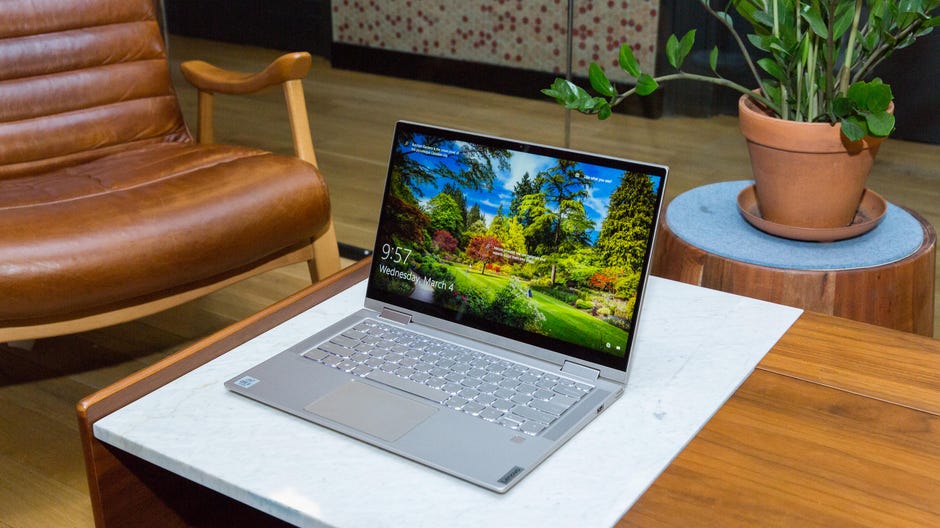Laptop computers have come a long way since the first suitcase sized, portable computer was invented. They are now available in sizes small enough to fit in a purse, or larger models more appropriate for home use. The size and type you need will depend on what you plan to use it for and where.
Consider purchasing your next laptop online. By doing this, you can compare brands from the convenience of your own home. You can also compare prices from different retailers. Many online retailers do not have a brick and mortar store, and the reduced overhead this offers then is often passed on to the consumers.
Don’t be so eager to buy a new laptop that you don’t do the proper research. If you’re finding a laptop that is far cheaper than the others you have looked at, it might not be a great deal. In fact, it might be a cause for alarm. Try to avoid scams and poorly made machines.
Look for a display that will suit your needs. If you intend to watch movies on the laptop, you will want a larger, quality screen. Those with more mundane needs, like web surfing and email, are not going to require expansive screens. The screen size will impact the weight and size of the laptop, so be realistic in your needs.
Write down what you need your laptop to do. For example, do you need it as a cooking resource? If so, you need a water-resistant outer coating on the machine. Your list is going to tell you what features you need the most.
Think about the size. Laptops now come in a range of sizes. There are big laptops that are best suited to desks, and tiny laptops that can fit in a little bag. Decide how you will be using the laptop. If you need portability as a main feature, go small.
For people who do a lot of multitasking, then RAM is an important feature on their laptops. The cheapest laptops will have less RAM than the more expensive models. For high-end applications, gaming, and multitasking, a computer with a large amount of RAM is going to be a necessity, not an option.
When you’re going laptop shopping, don’t decide on a laptop just because of the brand. Many times, you are paying for the brand name. Know about the hardware specs of every machine, so you can understand whether the big name brand is working to give you a superior experience. Lesser-known companies sometimes offer great products.
Be sure to ask what comes with your laptop, new or used. For example, a new laptop may come with a charging cord, but it may be slow, intended for European outlets, or too short. If you know what you’re getting, you won’t be surprised when you pull it out of the box.
Like your laptop lightweight? Then go for a netbook or ultraportable laptop. These laptop varieties are very lightweight compared to the traditionally-sized laptops out there. In fact they can be about half the weight. These are perfect laptops for the travelers out there or for students who are always moving from classroom to classroom.
Compare multiple brands of laptops. You may here that a certain brand is the best of the bunch, but until you test it yourself, you may not know if it’s the best fit for you. Shopping for a laptop is like shopping for anything else. You need to test out multiple options.
Nearly everyone has a laptop computer these days, and if you don’t have one yet, you should consider buying one. They are available in a size and type for nearly anyone, and even an expensive one can meet most of your needs. Use this information you learned in this article to help you choose.



